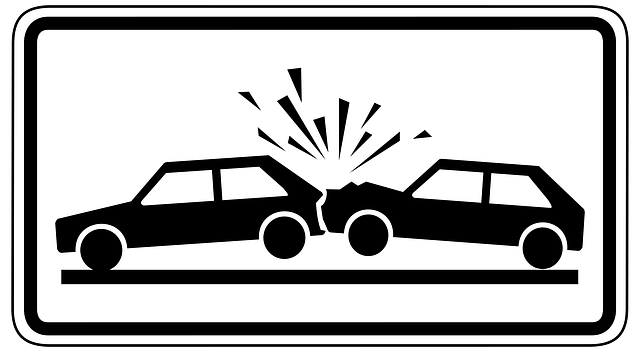A recent garbage truck accident, caused by driver fatigue, led to widespread disruption and highlighted severe risks associated with long work hours and irregular sleep patterns. Witnesses described the truck's erratic behavior before veering off course. This incident sparked discussions on stricter driver monitoring, enhanced rest regulations, and the importance of injury compensation for affected individuals. The industry faces challenges in addressing driver fatigue, which can result in accidents, injuries, and fatalities. Implementing robust strategies to manage driver workload, promote well-being, and raise awareness about caregiver abuse is crucial to prevent future accidents and ensure safer working conditions.
In a recent startling event, a major garbage truck accident attributed to driver fatigue has left authorities shocked. This incident underlines the critical need to understand and address the factors contributing to such disasters. The article delves into ‘The Incident’, exploring the details of the crash, while also analyzing ‘Factors Contributing to Driver Fatigue’ and proposing ‘Aftermath and Prevention Strategies’. By examining these aspects, we aim to shed light on potential solutions to mitigate future garbage truck accidents.
- The Incident: Unraveling the Garbage Truck Accident
- Factors Contributing to Driver Fatigue
- Aftermath and Prevention Strategies
The Incident: Unraveling the Garbage Truck Accident

In a recent garbage truck accident, a major collision left several residents shaken and prompted an in-depth investigation into the cause. The incident unfolded on a busy weekday morning when a large garbage truck, allegedly driven by an exhausted operator, veered off the road and collided with multiple vehicles and a residential building. This catastrophic event underscored the severe consequences of driver fatigue on public safety.
Eyewitnesses reported that the truck appeared to be moving erratically before the accident, suggesting potential signs of overwork or sleep deprivation. The driver, who was employed by a local waste management company, failed to navigate a sharp turn, leading to the chain reaction collision. This tragedy has sparked discussions about the need for stricter driver monitoring and rest regulations in the waste management industry, as well as encouraged individuals to seek injury compensation and homeowner insurance claims when faced with such unforeseen circumstances.
Factors Contributing to Driver Fatigue

Driver fatigue is a complex issue that can stem from various factors contributing to a garbage truck accident. One primary reason is the demanding nature of the job itself—garbage collectors often work long hours, with early starts and late finishes, requiring them to be on-call 24/7. This irregular sleep pattern disrupts natural circadian rhythms, leading to chronic fatigue over time. Additionally, driving a garbage truck involves repetitive tasks and requires constant focus, increasing mental exhaustion.
The consequences of fatigued drivers operating large vehicles like garbage trucks can be severe, leading to auto accident injuries or even fatalities. In the event of an accident, individuals may seek compensation through an auto accident attorney if they have suffered damages due to another party’s negligence, such as a trucking company that failed to enforce adequate rest periods for its employees. Furthermore, employment disputes related to unfair scheduling practices or inadequate safety measures could also arise, underlining the multifaceted impact of driver fatigue on both individual workers and public safety.
Aftermath and Prevention Strategies

The aftermath of a garbage truck accident can be devastating, leaving significant physical and emotional scars on all involved. In severe cases, such incidents may result in long-term disabilities or even loss of life. The immediate focus post-accident is on ensuring client recovery and providing emergency medical care to those affected. Unfortunately, these types of accidents often point to deeper issues within the industry, including driver fatigue and poor safety protocols.
To prevent future garbage truck accidents, it’s crucial to implement robust strategies that address driver workload and well-being. This includes regular breaks, adequate rest periods between shifts, and better monitoring of driver health and behavior. Furthermore, raising awareness about caregiver abuse—whether it’s physical, emotional, or related to excessive working hours—is essential. Many industries, including the garbage collection sector, must prioritize employee safety and mental health to ensure not only the well-being of drivers but also the overall quality of client recovery and service.
Driver fatigue, a preventable factor, was the primary cause of a recent major garbage truck accident. By understanding the contributing factors and implementing effective prevention strategies, such as regular breaks and adequate rest, we can significantly reduce the risk of similar tragedies. Awareness and proactive measures are key to ensuring safer roads for everyone involved in the waste management industry.






